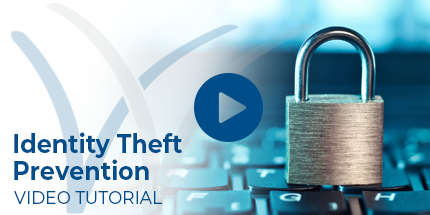|
Identity TheftIt’s important to know the steps to take if you suspect that your identity has been stolen. The quicker you act, the safer you, your identity, and your assets will be.
To learn more about what to do if think your identity may be stolen, go to identitytheft.gov for more information. 
|
Telephone ScamsTelephone scammers try to steal your money or personal information. Scams may come through phone calls from real people, robocalls, or text messages. The callers often make false promises, such as opportunities to buy products, invest your money, or receive free product trials. They may also offer you money through free grants and lotteries. Some scammers may call with threats of jail or lawsuits if you don’t pay them. Report Telephone ScamsIt's important to report phone scams to federal agencies. They can’t investigate individual cases. But your report can help them collect evidence for lawsuits against scammers.
For more help in resolving consumer issues, you can report scams to your State Consumer Protection Office. Report How to Protect Yourself from Telephone ScamsRemember these tips to avoid being a victim of a telephone scam: Do
Don’t
|
Phishing and VishingScammers use a variety of methods to try to steal your personal and financial information. They use trusted logos of legitimate companies when sending email. Or, they pretend to be a family member or friend, so they can trick you into giving them sensitive information. What is Phishing?In phishing, scammers use fake email, text messages, or copycat websites to steal your identity or personal information. Their goal is to get credit card and bank account numbers, debit card PINs, and account passwords. The scammer may say your account has been compromised or charged incorrectly. Report Phishing ScamsForward phishing email messages to spam@uce.gov or file a complaint with the Federal Trade Commission (FTC). Be sure to include the full email header of the fraudulent message. Learn how by searching online for the name of your email service and the words “full email header.” How to Protect Yourself from PhishingHere are some ways to protect yourself from phishing scams: Do
Don’t
Card Fraud: If your card has been lost or stolen or you notice fraudulent charges on your statement, call us immediately so we can prevent additional charges being made. During business hours, call (937) 382-1659. Outside of business hours, call (800) 472-3272. |